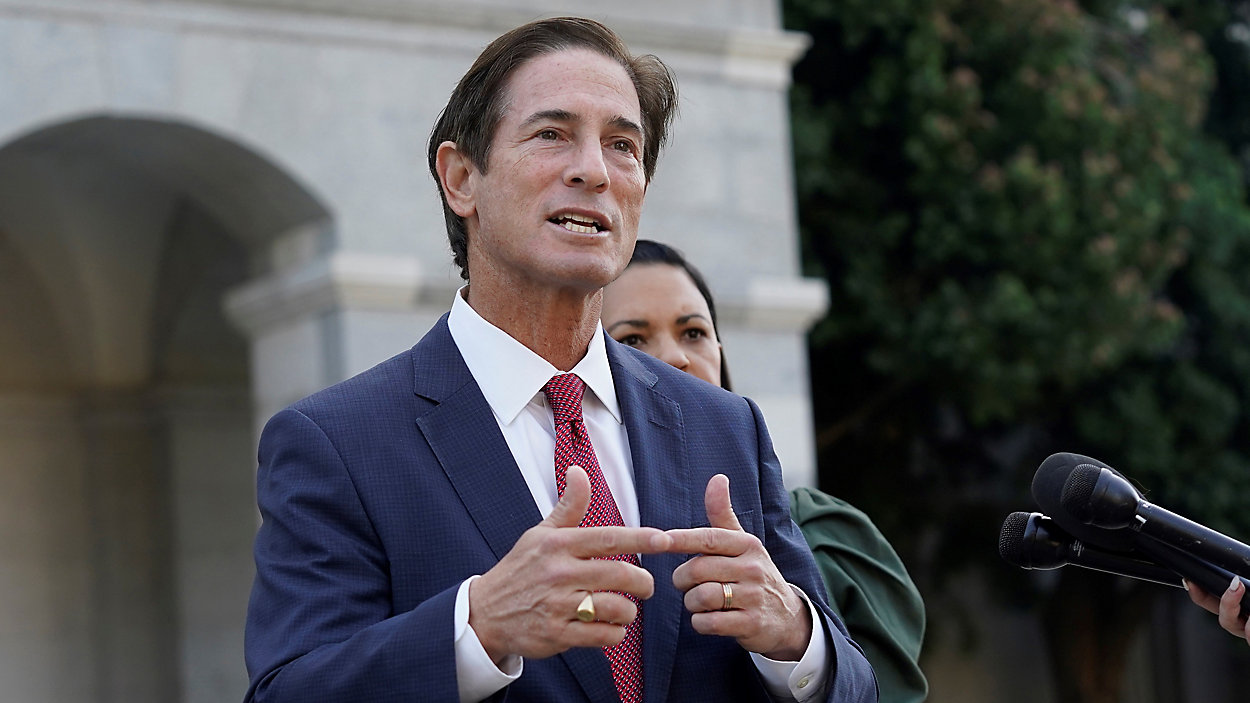What is an Offer in Compromise?
An Offer in Compromise is a legitimate IRS program allowing qualified taxpayers to settle tax debt for less than the full amount owed. The program exists under three categories:
Doubt as to Collectibility: You cannot afford to pay your full tax liability
Doubt as to Liability: You don’t actually owe the assessed amount
Effective Tax Administration: Special circumstances make collection unfair
The Arizona Department of Revenue also offers settlement options for state tax liabilities, though with different qualification criteria.
The truth behind “pennies on the dollar” claims
So, can you really settle for pennies on the dollar? The honest answer: sometimes, but rarely. Our experience handling over 300 successful OICs in a single year shows most settlements range between 20-50% of the original debt.
While we’ve successfully negotiated settlements as low as $20, these exceptional cases represent taxpayers with minimal income, few assets, and who are experiencing significant hardship. Most Arizona taxpayers should expect to pay a more substantial percentage based on their financial situation.
Do you qualify? Honest assessment criteria
Despite advertising claims, most taxpayers don’t qualify for significant reductions. The IRS evaluates your “reasonable collection potential” based on:
Monthly disposable income
Asset equity (homes, vehicles, investments)
Future earning potential
Compliance history
You’re unlikely to qualify if you have significant income relative to your debt, valuable assets, or can pay through an installment agreement.
Arizona-specific OIC considerations
Arizona residents also face unique considerations:
The Arizona Department of Revenue has separate settlement requirements
Arizona’s cost of living affects allowable expense calculations
Local real estate values impact asset equity evaluations
Regional IRS office practices may influence case handling
The application process: avoiding common pitfalls
The OIC process requires extensive documentation, including financial statements, asset valuations, and an application fee. Most Arizona cases take 6-12 months from submission to decision.
Common mistakes include:
Incomplete financial disclosure
Unrealistic offer amounts
Ongoing compliance issues
Failure to properly document special circumstances
Alternative options for Arizona taxpayers
If you don’t qualify for an OIC, consider:
Installment agreements: Monthly payment plans
Currently Not Collectible status: Temporary hardship designation
Bankruptcy: For qualifying tax debts
Statute of limitations: Federal (10 years) and Arizona collection deadlines
Why professional representation matters
Statistics show represented taxpayers achieve significantly higher OIC acceptance rates than those who attempt the process alone. A tax attorney with Arizona-specific experience can properly analyze your financial situation, recommend appropriate settlement amounts, and navigate complex IRS procedures.
Conclusion
The real truth about “pennies on the dollar” tax settlements in Arizona? They’re possible but uncommon. Success requires meeting specific financial criteria and navigating complex procedures correctly. Most qualifying taxpayers will pay a significant portion of their debt—though still less than the full amount.
If you’re struggling with tax debt, a consultation with an experienced Arizona tax attorney can help determine if an OIC is right for your situation or if another resolution strategy would better serve your needs.
Book a free consultation with a Guardian Tax Professional today to get clear answers to your unique situation.





























